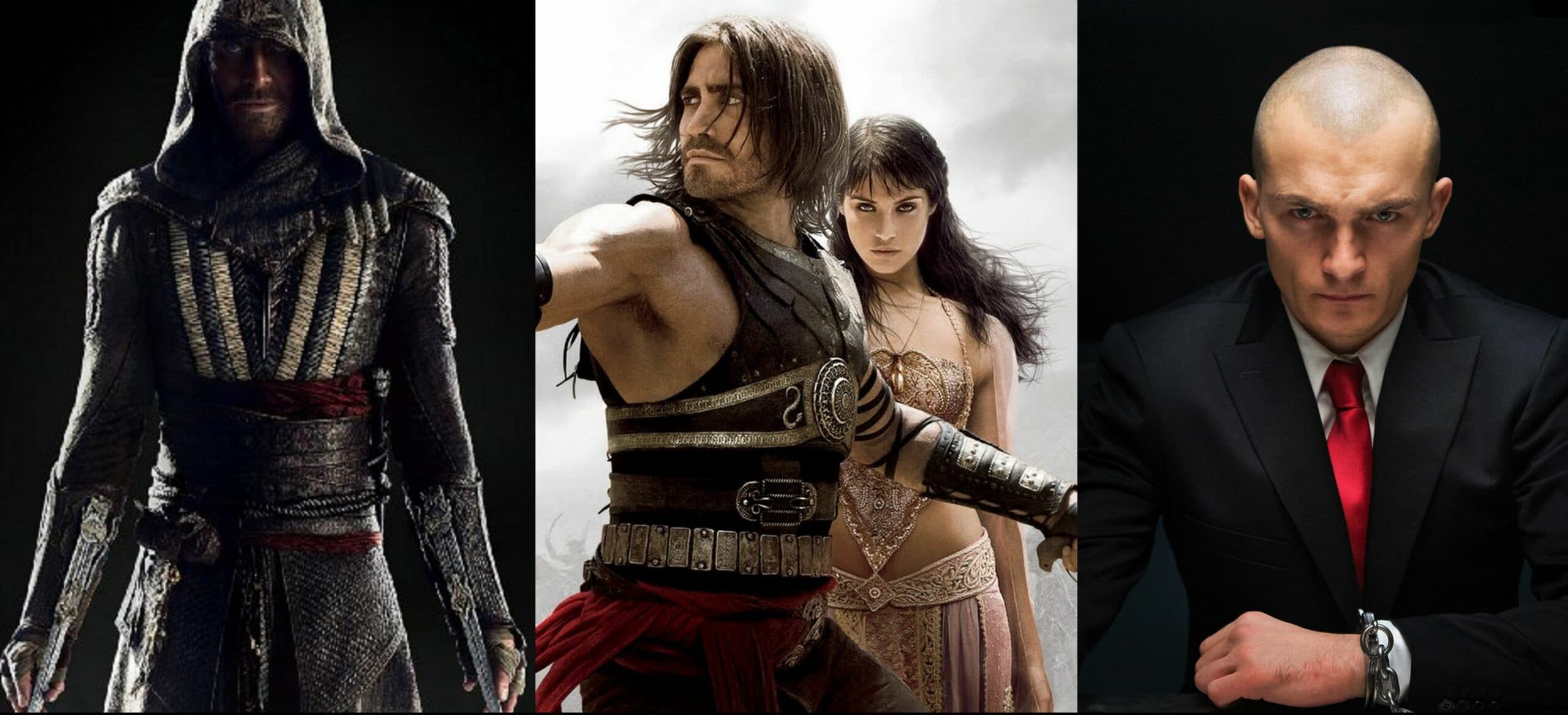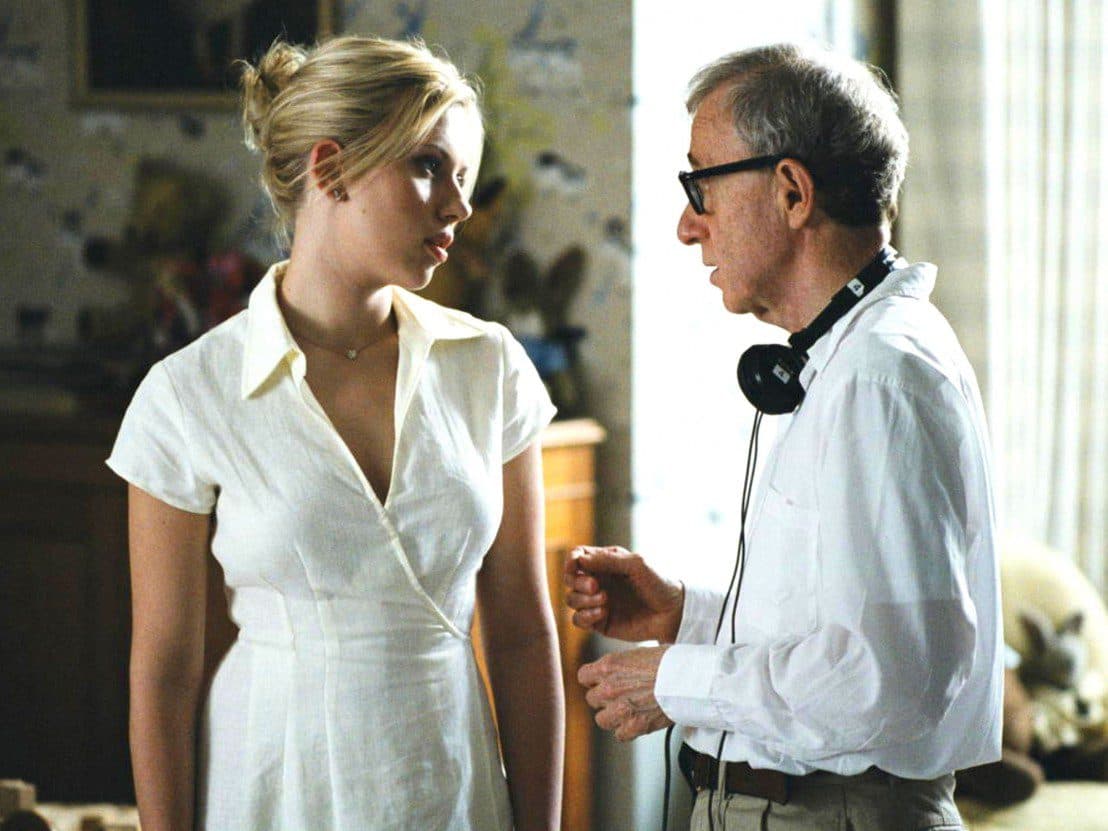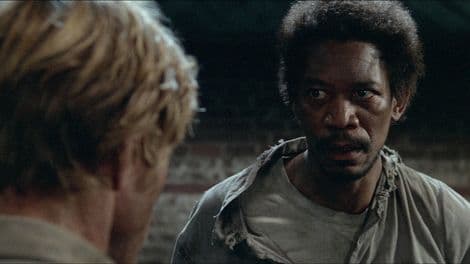and resilience under adversity. It's a powerful reminder of how sports can change lives. We mentioned life-changing movies. They reshape your understanding, challenge your viewpoints, and provoke thought. They aren't made for entertainment alone. They resonate on a deeper level. Think of awe-inspiring cinematography, profound dialogue, or relatable characters. These elements bind the audience to new insights. When considering life-altering films, keep an open mind. What stirs your emotions? Which stories align with your journey? Personal connections to the themes can impact how you view your own life. The transformative power of film lies in its ability to push boundaries and stimulate discussions. They provoke curiosity, urging viewers to assess their beliefs. Whether a gripping plot or emotional arc, each film leaves a mark. It's essential to engage critically and reflect on characters' experiences. Each choice made on screen invites discussion about morality, ethics, and personal growth. Movies can foster conversations that extend beyond the theater. They can inspire us to act, think differently, or embrace change. In conclusion, films are not solely for entertainment. They can motivate and inspire change. The right movie may alter your outlook on life entirely. Many classics and hidden gems deliver powerful messages. Each film presents a chance to reflect and engage with important themes. So next time, pick a movie with depth, and let it take you on a journey of self-discovery. Time in the West (1968): A unique blend of genre elements, crafted with striking visuals, score, and narrative style. It redefined Westerns and left its mark on cinema history. * Citizen Kane (1941): Often cited for its innovative techniques in storytelling, visuals, and sound. Its legacy is profound, influencing filmmakers for generations. Each of these films illustrates a strong vision. They achieve unique storytelling and have a lasting cultural resonance. Perfection is ultimately in the eye of the beholder. **Conclusion:** In our cinematic journey, we discover inspiration, emotion, and influence. Films resonate in varying ways. They reflect our society, provoke thoughts, and foster connections. When we engage with film, we connect deeply with the human experience. Each movie offers potential shifts in perspective. Through these unique stories, cinema transforms our lives, helping us find value even in the simplest joys. The beauty of cinema lies in its diversity and complexity. Whether seeking upliftment or pondering existence, film plays a pivotal role in shaping our understanding of the world. In conclusion, we embrace movie culture’s exploration of artistic expression and storytelling. This collective experience captures the essence of what it means to be human. Therein lies the heart of cinema. Time in the West (1968): A Sergio Leone film. This Western is operatic and visually stunning. The score is unforgettable. * Apocalypse Now (1979): A Francis Ford Coppola masterpiece. This Vietnam War film explores madness, visually and thematically. It critiques war's horrors. These films are known for technical brilliance. They offer narrative coherence and thematic depth. The impact lasts. They represent unique genres and styles. Still, they share cinematic excellence. Are they *perfect*? Not truly. Yet, they are amazing films that approach cinematic ideals.
Movies with a Message: When Cinema Speaks Volumes
Movies entertain, yes. They also convey messages, ideas, and social commentary. Some films show their messages clearly. Others weave them subtly into narratives. Films with a message resonate with audiences. They provoke thought and insight. We’ve discussed It's a Wonderful Life, which encourages appreciating life’s value. Other films also deliver strong messages in unexpected ways: * Barbie (2023): This versatile film layers issues of feminism, patriarchy, and personal identity. Its message is contemporary and witty. * The Pursuit of Happyness: It highlights resilience and dream pursuit against obstacles. Its message is clear and inspiring. * The Swimmers (2022): A true story of Syrian sisters who swam in the Rio Olympics. It conveys hope and courage through sport. * The Green Mile (1999): This film explores justice, compassion, and redemption in a 1930s prison setting. * The Bucket List (2007): Life is brief; embrace it. This feel-good film inspires chasing dreams and seeking joy. * Reign Over Me (2007): A moving film on grief, trauma, and friendship’s healing power. It handles sensitive topics with empathy, offering hope amidst pain. * The Shawshank Redemption: A timeless tale of hope and resilience. Its message deeply resonates with those who face struggles. Movies with messages are not preachy. They blend themes into the story, allowing audiences to connect with characters. These films entertain and leave viewers a bit wiser, more thoughtful, and inspired to create positive changes. Personal Inspiration on Film: Finding Your Cinematic Muse
Inspiration is personal. What inspires one may not inspire another. Movies can connect deeply with us due to stories or characters. For some, inspiration comes from documentaries about remarkable individuals. Mountain Queen: The Summits of Lhakpa Sherpa showcases a resilient woman, Lhakpa Sherpa. She breaks records, defies odds, and inspires viewers to find inner strength amidst challenges. Her story shows human resilience and determination’s power. Personal inspiration also springs from fictional tales that reflect our experiences or dreams. Characters may embody qualities we value or echo our struggles and victories. Cinema reflects our lives, offering needed inspiration to keep moving forward. The Box Office King: Avatar's Reign as Highest-Grossing Film
We mentioned box office numbers. Avatar stands at the top, grossing over $2.9 billion globally. James Cameron's sci-fi epic captivates audiences worldwide. Box office success stirs debates about quality versus popularity. Yet, Avatar's impact is clear. It advances visual effects, creates a vivid alien world, and tackles environmental themes alongside cultural conflicts. Its financial success highlights broad appeal and world-building ability. "Highest-grossing" usually denotes theatrical revenue. Including home media sales and TV rights complicates the financial view. Still, Avatar remains the clear champion at the box office. Life Under the Lens: The Truman Show's Existential Question
Ever feel watched? Like life is a show for unseen viewers? The Truman Show (1998) amplifies that feeling and raises questions about reality, authenticity, and free will. With Jim Carrey in a nuanced role, it follows Truman Burbank’s life as a reality TV star unaware of his situation. His seemingly perfect town, family, and friends are constructed illusions for global broadcast. The film blends comedy and discomfort. It critiques reality TV and reflects media manipulation while exploring authentic living. When Truman realizes the truth, his journey to break free symbolizes the quest for autonomy and self-determination. The Truman Show resonates deeply today. In the era of social media, its themes of authenticity hold relevance. It prompts us to reflect on our realities while entertaining us. The Greatest Film Ever Made? The Endless Debate Begins
What stands as the greatest film of all time? Critics, historians, filmmakers, and viewers have debated this long-standing question. Answers vary widely based on individual opinions. No film universally claims the title of "greatest." Yet we still strive to discuss cinematic greatness. Citizen Kane (1941) consistently ranks as a top choice on critics' lists. Orson Welles's debut showcases technical skill, innovation, and complexity in character portrayal. For decades, it topped the British Film Institute's Sight and Sound poll among critics. However, greatness isn't only about critical acclaim. Viewers often prefer emotionally resonant films. IMDb's Top 250 reveals a different perspective, with The Shawshank Redemption often at the forefront. Popular films evoke feelings and achieve iconic status among audiences. What defines cinematic greatness? Is it innovation like in Citizen Kane? Is it the emotional pull seen in The Shawshank Redemption? Here are examples from discussions of "greatest films": * Citizen Kane (1941): Known for technical marvels and narrative advancements. * The Shawshank Redemption (1994): Popular for emotional depth and lasting hope. * The Godfather (1972): A notable crime drama with iconic performances. * The Dark Knight (2008): Superhero cinema reaching artistic heights with complex themes, especially morality. * The Godfather Part II (1974): Often regarded as superior to the first installment, a rich narrative that builds upon its predecessor and deepens the crime saga. A rare sequel exceeds its predecessor. * 12 Angry Men (1957) brings tension through dialogue, strong direction, and a focus on justice. * The Lord of the Rings: The Return of the King (2003) is epic fantasy. It ties together a beloved saga. * Schindler's List (1993) shows a Holocaust drama, raw realism, and emotional strength. * Pulp Fiction (1994) is a genre-defying film that changed coolness. The list continues. Some surveys focus on genres or countries, while others offer an overview. Killer of Sheep (1977), A Woman Under the Influence (1974), Annie Hall (1977), Some Like It Hot (1959), Metropolis (1927), The Maltese Falcon (1941), This Is Spinal Tap (1984), and It Happened One Night (1934) appear in best lists. Ultimately, the "greatest film" depends on taste and perspective. This debate is crucial. It makes us think about our values in cinema. What traits make a film outstanding? Why do some movies resonate through time? 100% Fresh: The Rare Breed of Perfect Rotten Tomatoes Scores
In film criticism, Rotten Tomatoes holds weight. The site compiles reviews and gives a "Tomatometer" score for positive reviews. Achieving a score of 100%? That feels like discovering a unicorn.












Responses (0 )